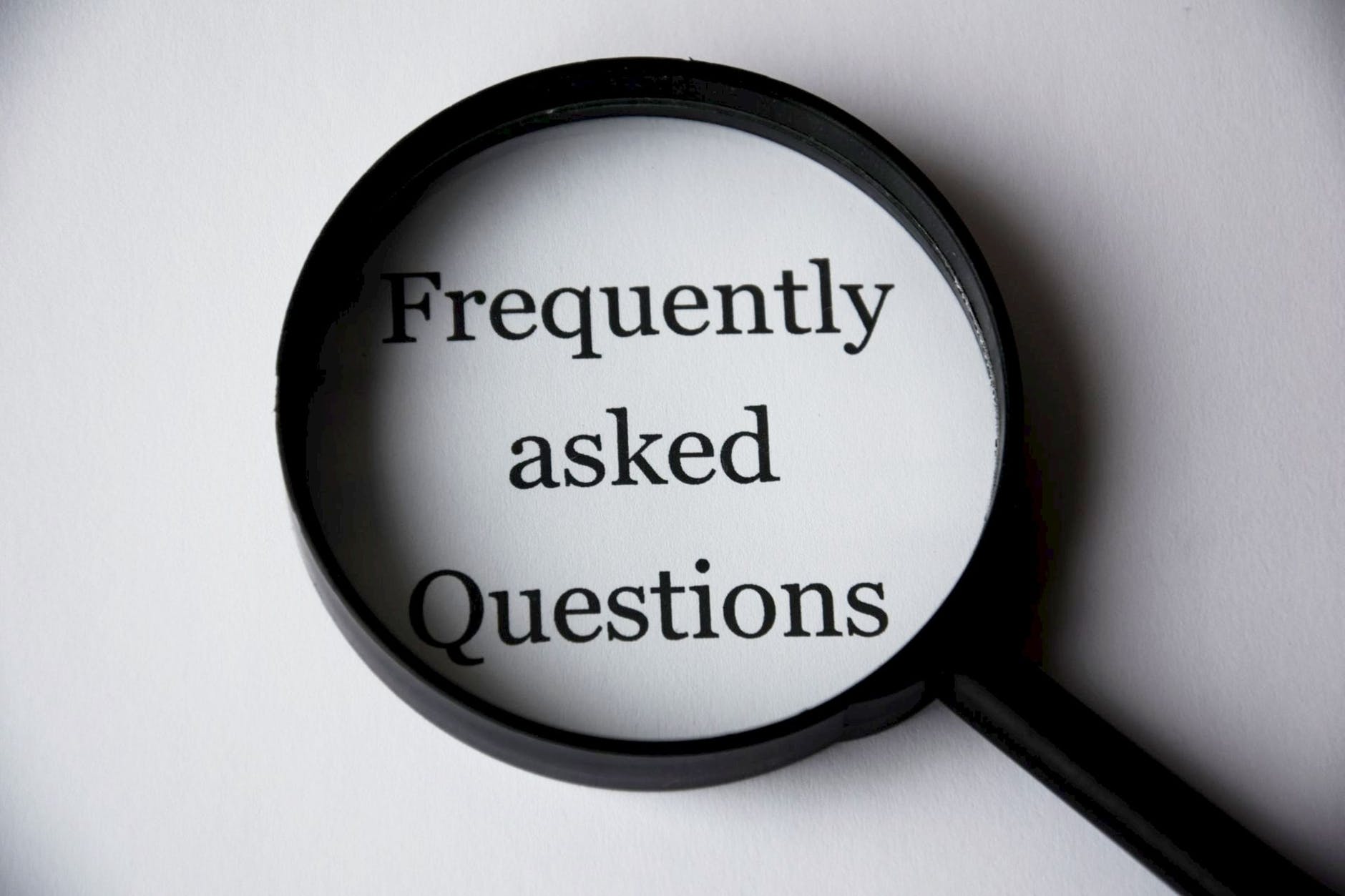What does last week’s approval of a new drug for Alzheimer’s have to do with hearing loss? Nothing, according to the articles and commentary that I read about the drug. Hearing loss was not mentioned in a single news story or commentary.
The drug, brand-name Aduhelm, is the first new treatment for Alzheimer’s in 18 years. The FDA’s decision to approve the drug was made despite opposition from the agency’s independent advisory committee, which said that the evidence raised significant doubts about whether the drug is effective, and noted the risk of serious side effects, including swelling and bleeding in the brain.
Biogen set a list price of $56,000 a year per patient. Very few patients will end up paying that amount, but their insurance companies might. Medicare has not yet said whether it will cover the drug. The insurer Cigna said that beyond the cost of the medicine itself, diagnostic care and safety monitoring will cost another $30,000 a year.
Medicare won’t pay for your $3000 hearing aids, but should you develop signs of Alzheimer’s, it seems likely that it will kick in the $56,000 to treat you with Aduhelm.
The new drug was approved without evidence that it slows symptoms of Alzheimer’s. But it does reduce levels of amyloid, which forms a plaque in the brain, and which is thought to cause symptoms. For a fuller discussion of the new drug and the controversies around it, this New York Times article is excellent. F.D.A. Approves Alzheimer’s Drug Despite Fierce Debate Over Whether It Works.
So what does this have to do with hearing loss? In 2011 an epidemiological study by Frank Lin of Johns Hopkins School of Medicine and others found a strong association between hearing loss and dementia, including Alzheimer’s. The greater the degree of hearing loss, the earlier the onset and severity of the dementia. These findings do not suggest that hearing loss causes dementia, although that could turn out to be the case.
Lin and others are conducting a long-term study to see whether the use of hearing aids or other devices mitigate the risk. If their study shows that hearing aids do help delay the onset of dementia, or lessen its severity, many people with hearing loss will be relieved. But that has not yet been definitively proved.
A smaller study, published in 2015, did find some evidence that hearing aids could help, but not why. The researchers suggested that because hearing loss can cause depression and social isolation, which then affect brain health, the use of hearing devices helps offset those other conditions, and thus slows dementia. You can read more about this study in an article I wrote for AARP online.
The FDA’s approval of a controversial and expensive drug for Alzheimer’s struck some with hearing loss as sadly ironic. Medicare famously does not cover hearing aids, which are expensive and out of range for many users. A typical brand-name hearing aid costs about $3000, and most people need two. But $6000 sounds cheap compared to the cost of Aduhelm.
In 2020, a study by Columbia researcher Justin Golub and others found that even subclinical hearing loss is associated with cognitive decline. Normal adult hearing is defined as the ability to hear at 25 decibels or less. Golub’s paper found that hearing levels below 25 dB were also associated with cognitive decline. The authors wrote that the findings “suggest that the association between hearing loss and impaired cognition may be present at earlier levels of hearing loss than previously recognized; the current 25-dB threshold for defining adult hearing loss may be too high.”
We may find in the next few years that treating hearing loss can help offset dementia. That would be welcome news. But without affordable hearing aids and hearing care, widespread treatment is unlikely to happen. Medicare won’t pay for your $3000 hearing aids, but should you develop signs of Alzheimer’s, it seems likely that it will kick in the $56,000 to treat you with Aduhelm.
***
For more about living with hearing loss, read my books “Smart Hearing: Strategies, Skills and Resources for Living Better With Hearing Loss” and “Shouting Won’t Help: Why I and 50 Million Other Americans Can’t Hear You.” Both are available as ebook and paperback on Amazon.com.

 “Hearing loss” is a negative term. For people who don’t want to admit they have hearing trouble, it invites the dismissive response: “I’m fine.” But who wouldn’t want to be as fit as possible, especially if it takes little to no work on their part?
“Hearing loss” is a negative term. For people who don’t want to admit they have hearing trouble, it invites the dismissive response: “I’m fine.” But who wouldn’t want to be as fit as possible, especially if it takes little to no work on their part?